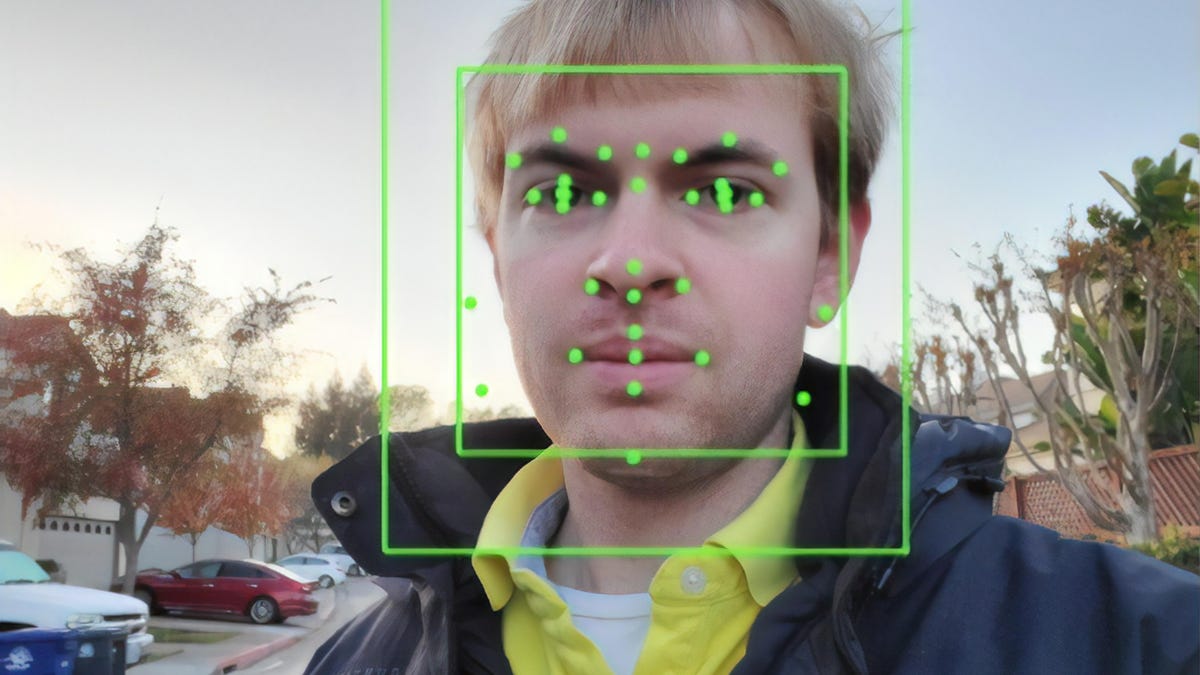IBM to withdraw from facial recognition market out of profiling fears
Big Blue worries the technology is being used to promote discrimination and racial injustice.

Facial recognition tech has issues. IBM says enough's enough.
IBM announced Monday that it's withdrawing from the general-purpose facial recognition market, saying it worries that the technology is being used to promote discrimination and racial injustice.
"IBM firmly opposes and will not condone uses of any technology, including facial recognition technology offered by other vendors, for mass surveillance, racial profiling, violations of basic human rights and freedoms, or any purpose which is not consistent with our values and principles of trust and transparency," CEO Arvind Krishna said in a letter to congressional leaders on Monday.
"We believe now is the time to begin a national dialogue on whether and how facial recognition technology should be employed by domestic law enforcement agencies," the company said.
Facial recognition has faced backlash from privacy advocates and lawmakers, and a handful of cities have banned the municipal use of the technology. Last year, Democratic lawmakers proposed prohibiting public housing units from using technology like facial recognition. Still, facial recognition is on track to become pervasive in airports and shopping centers, and some companies are selling it to police departments.
Critics cite studies showing that the technology has low accuracy rates for women and minorities. When it works properly, they add, it has the potential to become an inescapable and invasive form of surveillance. Companies such as Clearview AI, which has technology that lets users identify people by comparing their faces to photos scraped from the internet, have raised concerns over the power of the technology.
IBM has been a strong proponent of regulating facial recognition, saying that potentially harmful uses could be restricted while still allowing for innovation. IBM stirred controversy in March by using Flickr photos shared under a Creative Commons license as part of a collection to train AI face-recognition systems.
IBM didn't offer additional comment.

